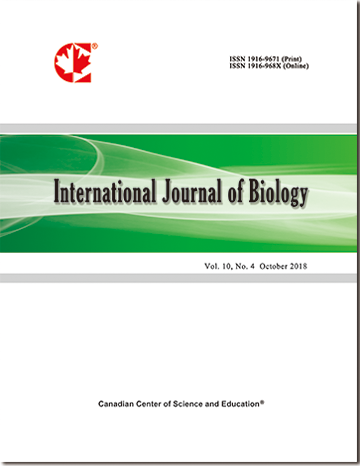Adaptation of Renal Microdialysis for Chronic Interstitial Collection of Angiotensin II and ATP
- Priyanka Prathipati
- Syed Quadri
- Debra Jackson
- Keith Jackson
Abstract
Numerous methods have been developed for in vivo collection, separation and characterization of biological samples and analytes. Among those methods, microdialysis gained its prominence due to its reliability in measuring various endogenous and exogenous therapeutic agents in various tissue systems. Virtually every soluble molecule in the interstitial fluid can be measured by microdialysis. Microdialysis facilitates inexpensive collection of accurate data with minimal invasive procedures. The present study describes the underlying principle of the technique, surgical method of probe insertion and sample collection from the target site. Further, we will describe the different components of the microdialysis instrument and its applications in various disciplines. Initially, microdialysis was designed to measure concentrations of neurotransmitters in rat brain. However, microdialysis has been adopted as a key research tool in several research areas to date. The first published application of microdialysis in humans was a study on interstitial glucose in 1987 and its use was initially confined to adipose tissue. However, numerous reports have since appeared on microdialysis in other human tissues such as brain, heart, lung, and solid tumors. The novelty of the present study lies in the use of microdialysis in rats which were treated with recurrent insulin injections for 14 days and adaptation of the technique for chronic collections of renal interstitial samples. In addition, this is the first report of the use of chronic microdialysis in a two week conscious animal protocol. Over the two week protocol, renal and interstitial samples can be collected and analyzed for changes in a number of different renal parameters.
 PDF
PDF
